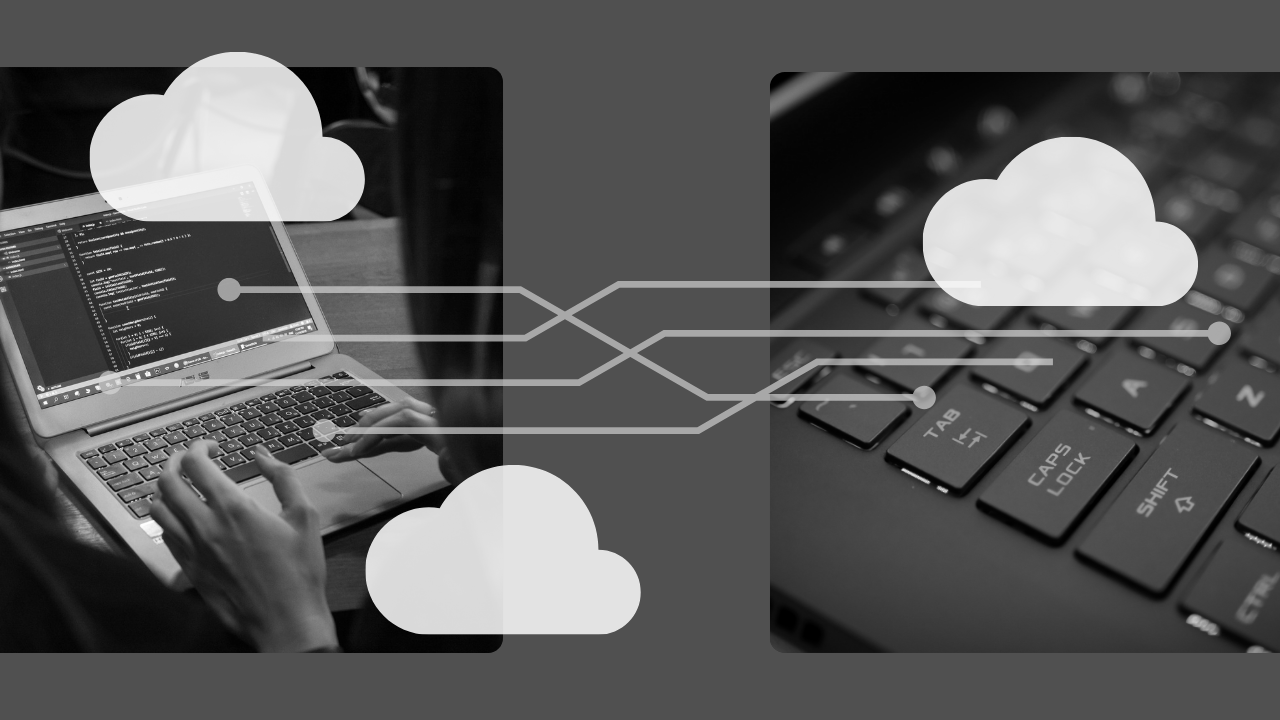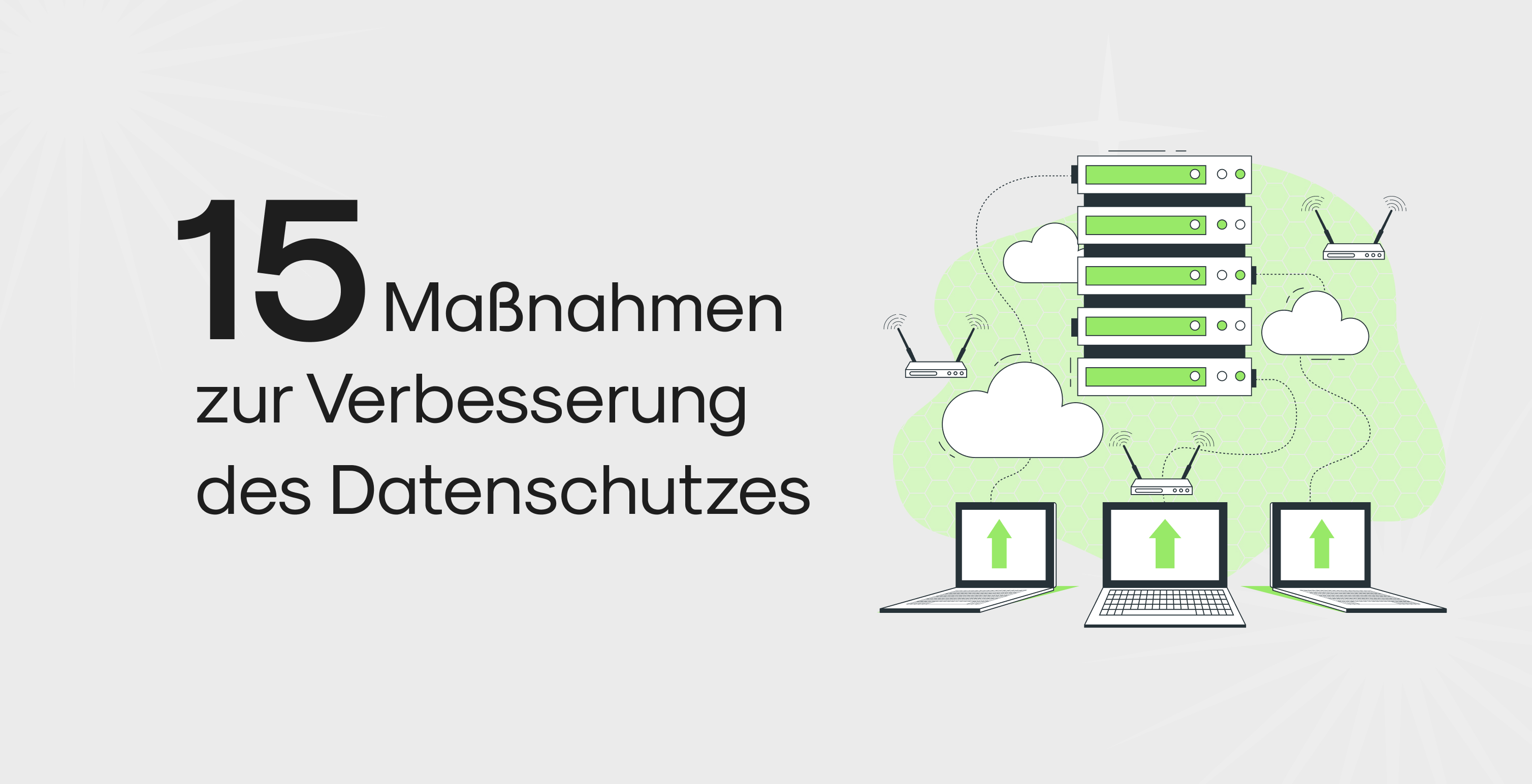Using blockchain in IT: expanding business opportunities
In today's digital era, blockchain technology is no longer just a buzzword, but a revolutionary approach that is fundamentally changing the IT industry. This article looks at how companies can utilize this advanced technology and integrate it into their IT ecosystem.
What you need to know:
- Blockchain technology strengthens IT quality assurance through its ability to prevent data tampering and guarantee the authenticity of information.
- The rising popularity of blockchain apps reflects the innovative power of this technology and shows how it is disrupting traditional business models.
- APIs are the link that connects blockchain technology with existing IT infrastructures to ensure seamless functionality.
- Understanding and using future-proof programming languages is essential for developing smart contracts and working with DLT.
What is blockchain?
Blockchain technology is a decentralized record-keeping system that acts as a shared, immutable ledger. It allows transactions to be recorded and assets - both tangible and intangible - to be tracked across a business network. Its importance lies in the provision of instant, shared and transparent information on each transaction, achieving a high level of security and efficiency.
Advantages of blockchain in IT
IT quality assurance through blockchain
The use of blockchain technology in IT quality assurance brings fundamental changes and leads to an increased level of trust in data and processes. Due to its inherent properties, blockchain provides a reliable basis for the verification and secure storage of data.
- Immutability of the data. The immutability of the blockchain ensures that once data has been entered, it can no longer be manipulated unnoticed. This is particularly important in areas where data integrity is of the utmost relevance, such as the financial sector, healthcare or legal documentation.
- Improved security protocols. Blockchains use advanced cryptographic techniques to ensure the security of data. Each block is linked to the previous one by cryptographic hashes, making the entire chain extremely resistant to tampering.
- Increasing efficiency and reducing costs. By automating processes using smart contracts, many traditional verification and checking steps can be eliminated, saving time and money. Smart contracts carry out defined actions independently as soon as certain conditions are met, reducing the need for intermediate checks and manual intervention.
Trends of the future App and blockchain integration
The integration of blockchain technology into mobile and web-based applications has become one of the most significant trends in the IT industry. This development is a direct response to the need for greater security, efficiency and innovation in the digital world. Blockchain apps offer a number of advantages that make them a cornerstone of future application development.
- Increasing data security. In an era where data breaches and cyberattacks are commonplace, blockchain offers a high level of security through its cryptographic functions. Apps based on blockchain technology benefit from this security as each transaction is verified and encrypted on multiple computers before being added to the ledger.
- Decentralized data management. The decentralized nature of blockchain apps means that there is no centralized attack surface for potential hackers. Instead, information is distributed across a network, which significantly reduces the likelihood of data loss and hacks.
- Transparent transaction history. Blockchain apps are characterized by a transparent transaction history that can be viewed by all participants. This transparency is particularly valuable in applications where traceability and trust are critical factors, such as in supply chain management or the financial sector.
API connections and blockchain
API connections and blockchain APIs (Application Programming Interfaces) serve as crucial communication bridges between the blockchain and conventional IT systems. They enable applications to retrieve data from the blockchain or initiate transactions without end users having to interact directly with the underlying blockchain technology.
- Seamless integration. APIs facilitate the integration of blockchain solutions into existing enterprise architectures. They offer standardized methods for data access and interaction so that developers can embed blockchain functionalities into software and apps without having to completely rebuild the systems.
- Simplification of development processes. APIs allow developers to use complex blockchain technologies without having to be experts in this field. They provide developers with ready-made building blocks that are necessary for creating applications, thus reducing development effort and time-to-market.
- Promoting interoperability. APIs are essential for interoperability between different blockchain ecosystems and external services. They enable the exchange of information between different blockchain networks and traditional IT systems, which promotes wider acceptance and use of the technology.
Blockchain and future-proof programming languages
The development of blockchain applications requires specialized knowledge of future-proof programming languages suitable for the creation and management of smart contracts and DLT.
- Importance of Solidity and similar languages. Solidity is one of the leading programming languages for the development of Ethereum-based smart contracts. It allows developers to define rules for transactions and contract mechanisms that are automatically executed when conditions are met.
- Need for further training. A solid understanding of these new programming languages is essential for IT professionals to be successful in blockchain development. Continuous training and adaptation to the rapidly evolving blockchain standards are crucial to creating future-proof applications.
- Contributing to high security. The secure and correct implementation of smart contracts is essential, as errors can lead to serious security vulnerabilities. Programming languages such as Solidity are designed to ensure security and efficiency in the execution of smart contracts.
Examples of blockchain applications
Blockchain technology is used in a variety of industries and has the potential to fundamentally change and improve existing business models.
- Financial sector. In finance, blockchain enables faster and more cost-efficient transactions by bypassing traditional banks and payment service providers. It also offers solutions for improving anti-money laundering and lending.
- Supply chain management. In supply chain management, blockchain ensures transparency and traceability of products from the manufacturer to the end consumer. It makes it possible to combat counterfeiting and monitor compliance with environmental and social standards.
- Digital identities. Managing digital identities via blockchain provides a secure and efficient way to manage the identification of individuals and access to services, simplifying processes such as online verification.
Conclusion
Blockchain is more than just a technology; it is a paradigm shift that is redefining the way organizations conduct transactions and manage assets. It is essential for business leaders to embrace blockchain in order to remain competitive and set the course for a successful digital future.
Image source: North IT Group



